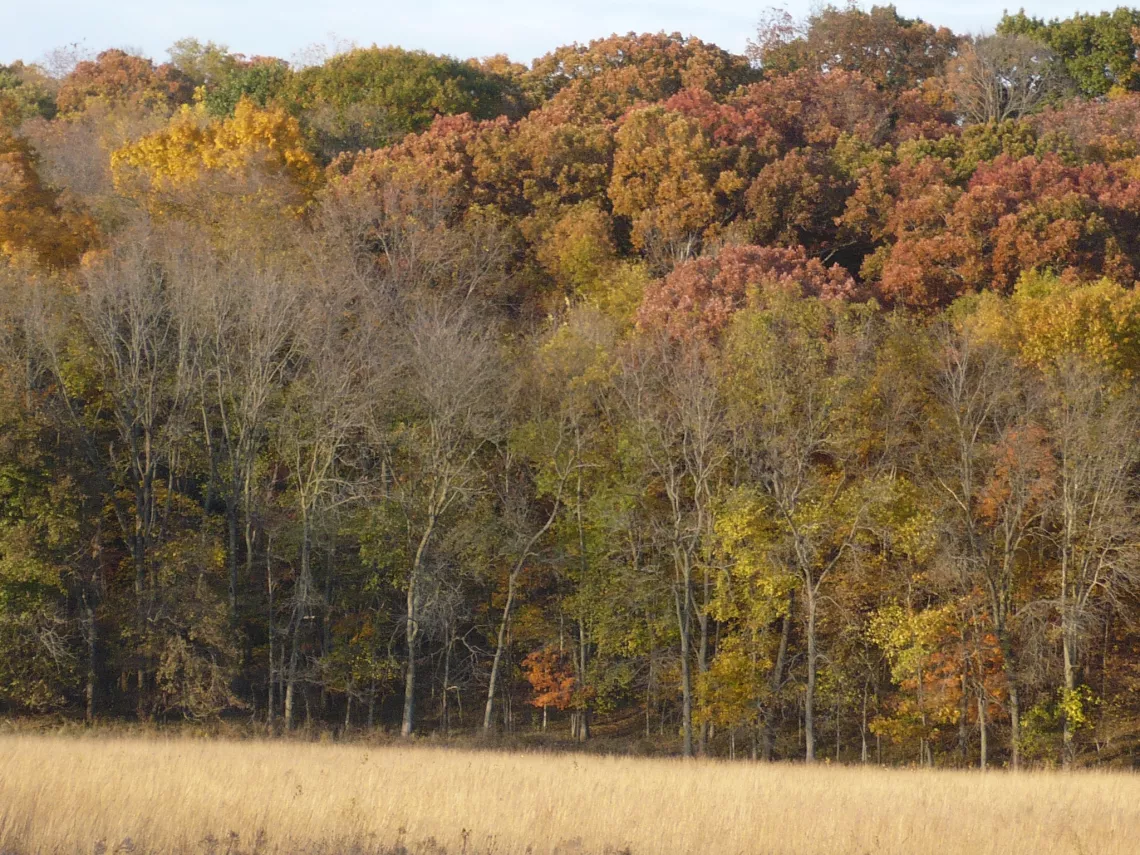Bill would tax forest reservations
UPDATE -- the legislature has adjourned and this bill is inactive for 2023.
Currently the Iowa Code gives a property tax exemption for woodlands (called forest reservations in the law) that are at least two acres and have no less than 200 trees per acre. There is also an exemption for fruit tree reservations.
A bill has been introduced in the Iowa Senate - SF548 (formerly SSB1129) – that would repeal the property tax exemption on forest reservations and begin assessing property taxes on the land. This bill should be opposed by our legislators.
Ask your state senator to oppose SF548.
Woodlands and forest reservations are important to Iowa’s environment.
-
Forests protect highly erodible land. Some land should not be put into row crops.
-
By protecting highly erodible land, soil is kept out of our rivers, streams, and lakes, thus improving water quality. Soil destroys fish habitat.
-
Trees help cleanse the air. Plus trees capture carbon dioxide.
-
Forests provide habitat for both non-game and game animals.
-
Trees provide beauty. They attract tourists in the fall who enjoy looking at the fall leaves.
-
There is value in the landscape for things other than crops.
-
Property tax exemptions are provided for other purposes, so it is not out of the ordinary to provide a property tax exemption for forests and fruit tree reservations.

-
Fruit and nut trees are part of the economic activity in the state.
-
The derecho damaged large numbers of trees in Iowa. We should be encouraging landowners to invest in those properties and keep them in forests and fruit tree reservations.
In a fiscal note prepared by the Legislative Services Agency (LSA), LSA estimates that this bill would increase property taxes paid on forest and fruit tree reservations to $5.3 million in fiscal year 2026. Out of that, $1.1 million would go to the public schools and would replace state money that is currently given to the public schools. Then $4.2 million of the property tax increase on forest and fruit tree reservations would go to the local taxing jurisdictions.
A landowner should be rewarded for protecting woodlands. A way to encourage the on-going protection for forested areas is to grant the landowner a property tax exemption on the forest.